The Joy and the Agony
By Mike Cormack
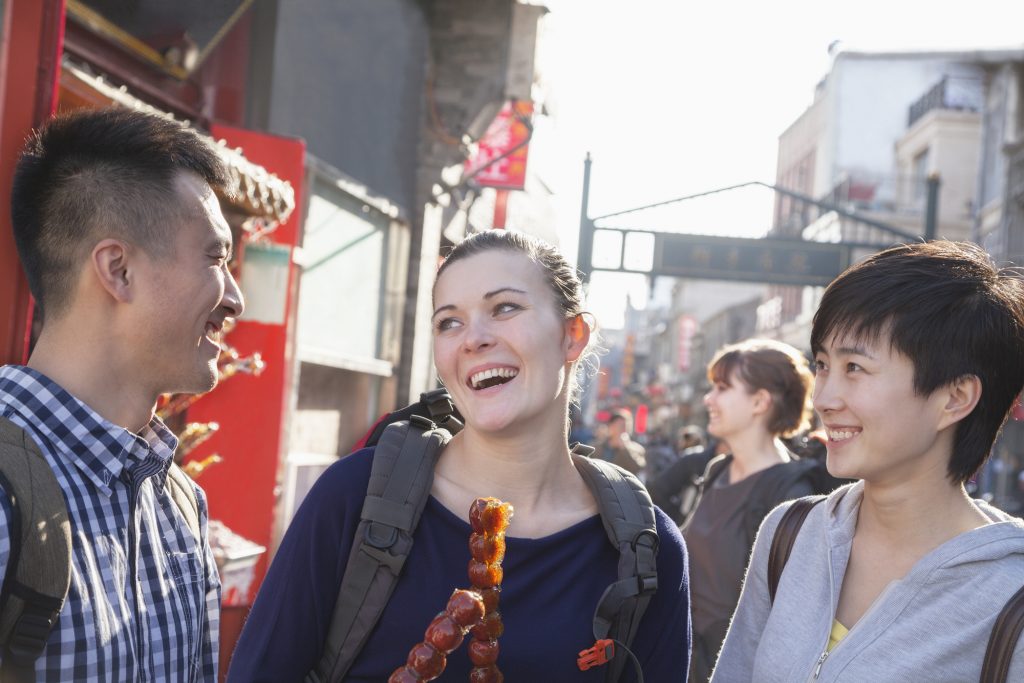
每个来到中国的外国人,都会被这里独特的文化、地域的辽阔和生活方式的多样性等所吸引。本文正是通过一位来自外国的朋友的视角,阐述他眼中的中国。十多年前第一次来到中国时,他只计划在中国的一所大学教一年英语然后回国。但是,在这里生活一年后,这个神奇的国度和他授课的城市深深地吸引了自己。
在经济方面,他看到中国正在以前所未有的速度超越世界各国,目前跻身前三成为世界第二大经济体。曾经仅仅是世界工厂的中国,有了像华为这样的创新型大型科技公司,其产品打破了国际销售记录。在太阳能和人工智能等领域,中国也为世界贡献了多家业内龙头企业。
在购物与消费方面,中国消费者的购买力对很多行业产生了影响:从旅游业到奢侈品和高端品牌,再到国际房地产和企业投资,中国的游客和中国的企业都发挥着越来越大的影响。根据数据显示,2017年中国游客在英国的消费与2007年相比增长了32%;在14年至15年间的一项针对温哥华三个社区的分析研究发现,有2/3的独立住宅销售对象主要是来自中国大陆的消费者和顾客。2007年,我国奢侈品消费者占全球奢侈品市场的近1/3,这个数据在2007年是不可预见的,当时国内主流品牌还是美特斯邦威等本土品牌。
城市的崛起使中国整体发展迅速。无论是与人民生活生产息息相关的购物、交通还是住宅、高铁,每一个方面都在各个城市中蓬勃发展。拿首都北京举例,北京的地铁从2007年初的三条地铁线路迅速发展到了2017年的22条地铁线路,乘客人数已从过去的6.65亿人次增至去年的37.8亿人次。除了住宅商品房的迅速扩展,公寓楼和写字楼也一座座拔地而起,成为了城市生活的主要面貌。
虽然中国在治理环境污染、提升民众素质、医疗养老等方面依然有很多有待改善的地方,但整体而言,各个城市都有其优势与长处。另外,外国人在这里可以受到友善且良好的待遇。
China has been a huge part of my life for over a decade now. To begin with, I had no expectation of this being so: I planned to stay for a year teaching English at a university in a nice quiet town and then go back. But slowly, surely, the country got into my blood, friendships and relationships were formed, and the excitement of living in a country developing at an incredibly rapid pace made me stay on.
This has given me a decade-plus perspective on the progress and changes in the Middle Kingdom. I make no claim to be any sort of expert or “China-hand”, but I’d just like to enumerate some aspects of what I have seen, as a relatively long-term observer.
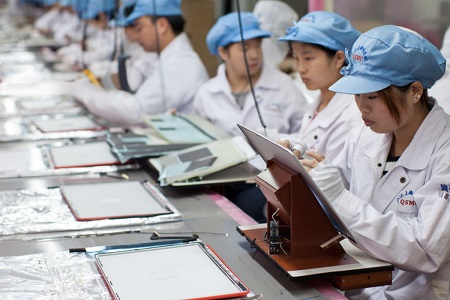 It’s The Economy, Stupid
It’s The Economy, Stupid
This is epochal, revolutionary, seismic – there aren’t enough superlatives. In 2007, China had just overtaken Germany to become the third-largest economy (having taken fourth place from the UK a year earlier), on exchange rate measures. Now China is comfortably the second-largest economy and could (by the purchasing power parity measure) even become the largest. Once merely the workshop of the world, China now has firms like Huawei breaking records for international sales, while tech sectors like solar power and AI are becoming Chinese strongholds. Yet doubts remain: can China sustain its growth with a declining work force, can it escape the middle-income trap, and is its GDP data even reliable?
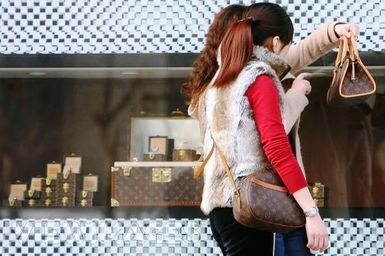 The China Effect
The China Effect
Relatedly, Chinese purchasing power is having major effects on many areas, from tourism to high-end brands and international real estate. Chinese tourist spending in the UK grew by 32% in 2017. An analysis of three neighborhoods of Vancouver in 2014-15 found that two-thirds of all detached house sales were to people with “non-anglicized Chinese names”, suggesting they were mainland Chinese. In 2017, Chinese luxury consumers accounted for almost a third of the global luxury market, with over RMB 500 billion (US$7.4 billion) in annual spending, as compared to 12% of the global luxury market in 2008. None of this was foreseeable in 2007, when local brands such as 361, Metersbonwe, and Septwolves were most of what was available.
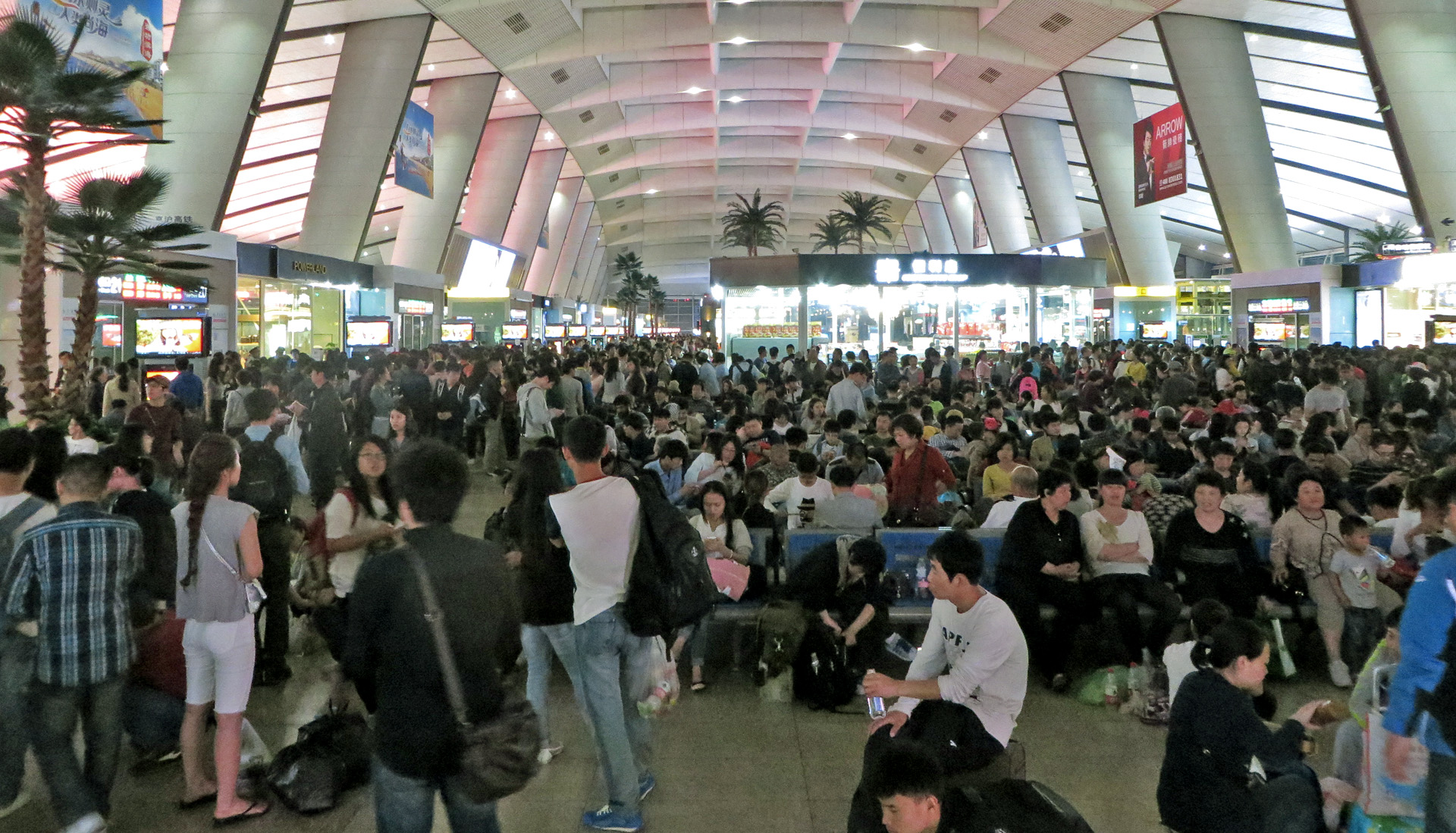 Infrastructure
Infrastructure
Every Chinese city is literally rising fast. This makes economic sense – in some provinces, domestic investment accounts for 40% of GDP. Apartment blocks, roads, high-speed rail, stations, subway lines, shopping malls: all are sprouting at a furious pace. In 2007, the Tianjin Metro comprised Line 1 and the Binhai Light Rail. Beijing subway meanwhile has grown frantically, from three lines (1, 2, 5, and 13) at the start of 2007 to 22 today. Ridership has grown from 665m in 2007 to 3.78bn in 2017.
Tianjin’s main railway station was redeveloped during 2007-8 into the huge and yet is still an overcrowded site today. (It’s worth considering that London, with a similar population, has Waterloo, Victoria, St Pancras, King’s Cross, Paddington, and Euston stations, and more). Apartment and office blocks meanwhile seem to bulge up from the ground, rising almost overnight to tower above us with yet more accommodation for lives and business – and yet the prices keep on rising almost as vertiginously.
 Culture
Culture
But these are mostly material changes. Has China changed for the better? Is it kinder, happier and friendlier? These cultural measures are nearly impossible to quantify and you tend to fall back on anecdotes. This is also complicated by my having lived in three cities, in three tiers, where the stresses and the rewards are completely different. But nonetheless: my feeling is that lives are more pressured than ever, rewards are greater than ever, but the means of obtaining them are narrowing.
The great property sell-off under Premier Zhu Rongji has enabled many to become wealthy, but at the cost of subsequent stratification. Retirees enjoy pensions at age 55 and real estate wealth, while young graduates endure long commutes and have to save relentlessly. Cities always feel physically safe, but social problems include lack of trust, indifference to quality (the chabuduo mindset), a financially opprtunistic mentality (make sure both your wallet and your contract are watertight), and a lackadaisical attitude to health and safety.
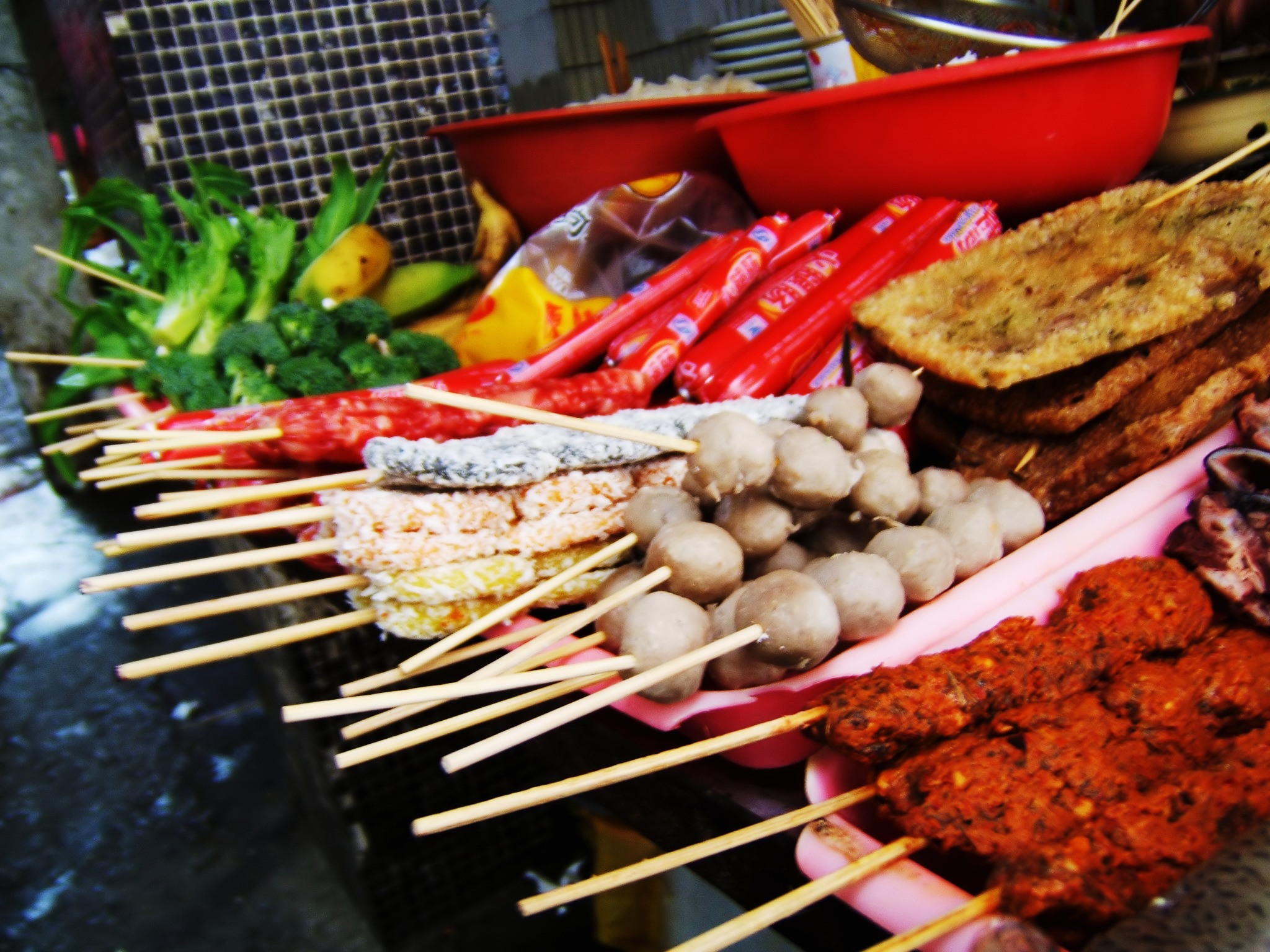 Safety and Environment
Safety and Environment
Food safety was a huge issue in 2007, but it has rather fallen off the radar of public consciousness, most likely demonstrating the effectiveness of subsequent efforts. Air quality has also improved. But issues like shared-bikes swarming pavements, bricked-up hutongs, near-empty malls and endless building sites remain problematic. Expectorating, anarchic driving, dirty toilets, a disinclination to queue and huge crushes anywhere busy can shred the nerves. And yet people are friendly, cities feel livable, and foreigners are still paid relatively generously.
Every country is rife with contradictory impulses and opposing forces, but China – for many reasons – seems particularly driven with differences and conflicts. This is a large part of what makes it so fascinating. It’s somewhere where everything and its opposite might be true. All I can say is that is the joy and the agony of China.